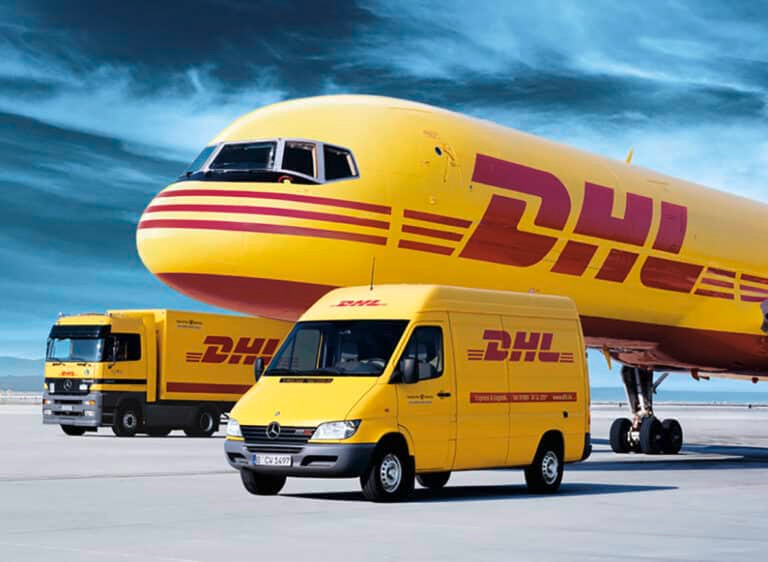DHL Supply Chain, the Americas leader in contract logistics, announced its three key technology priorities for 2024: orchestration, robotics, and artificial intelligence (AI). The company will invest strategically in these areas to drive further efficiency, agility, and sustainability within the supply chain.
Orchestration: The Conductor of a Seamless Supply Chain
In 2024, DHL Supply Chain will set its sights on harnessing the power of orchestration. Leveraging advanced data analytics and machine learning, the company will create a central nervous system for its operations, optimizing resource allocation, automating workflows, and dynamically adapting to real-time changes in demand. This orchestration platform seamlessly integrates with existing and new technologies, creating a truly connected and responsive supply chain to improve efficiency and resilience while optimizing costs.
Orchestration involves the end-to-end supply chain, including the warehouse, where the company is pioneering advancements on multiple fronts. DHL Supply Chain is engaged with key players from the system integration space to complement its robotic and automation portfolio with swift integration and continuous and harmonised data flow, which sets the base for warehouse orchestration. Across all DHL regions, the first wave of deployments of standardised integration and orchestration layers have shown reductions in implementation time of up to 60%. This footprint provides the perfect launchpad to maximise the impact of warehouse orchestration – soon for even more of DHL’s 2,000+ operations worldwide.
READ: Elevating Middle East logistics
Robotics: Empowering Humans and Transforming Workflows
DHL Supply Chain leads the industry using robotics as a transformative force in warehousing and distribution. Beyond traditional automation solutions, the company will focus on deploying multiple types of robots to scale, further building on its impressive fleet of over 5000 robots globally. DHL Supply Chain also continues to expand the use cases for existing robots, enabling them to complete additional tasks. The capabilities of Stretch, a robotic arm developed in partnership with Boston Dynamics that was deployed last year to unload trailers, are continuously being improved; now, the robot is learning to handle multiple cases at a time. DHL is also exploring new applications for Stretch, like mobile palletizing and fully autonomous case picking.
The company is also codeveloping solutions with new partners, such as the ‘Carter’ robot in collaboration with Robust. AI. Now in its piloting phase, Carter can handle various tasks, such as each picking and replenishment. The solution can also learn and adapt to real-time warehouse conditions, optimising workflows and maximising productivity.
READ: SMEs look abroad
Artificial Intelligence (AI): Building Intelligence into the Logistics Fabric
AI will play a pivotal role in unlocking the full potential of orchestration and robotics. DHL Supply Chain aspires to integrate AI in all their operations, taking systems and processes to the next level. The company is currently piloting Generative AI to rapidly develop system interfaces and data products and simultaneously rolling out intelligent optimization algorithms that streamline warehouse tasks. These predictive models increase order fill rates and preempt errors.
Additionally, they are using process mining to avoid and rectify process deviations and continually refine the workflow. This investment in AI reflects the company’s commitment to using technology to improve efficiency, robustness, resilience, and readiness to handle any unexpected disruptions. “Innovation is at the core of our DNA,” said Sally Miller, chief information officer and global digital transformation officer, DHL Supply Chain. “By focusing on orchestration, robotics, and AI, we are not just keeping pace with technological advancements but actively shaping the future of logistics. These investments will continue providing our business and clients unparalleled efficiency, agility, and a sustainable competitive edge.”


